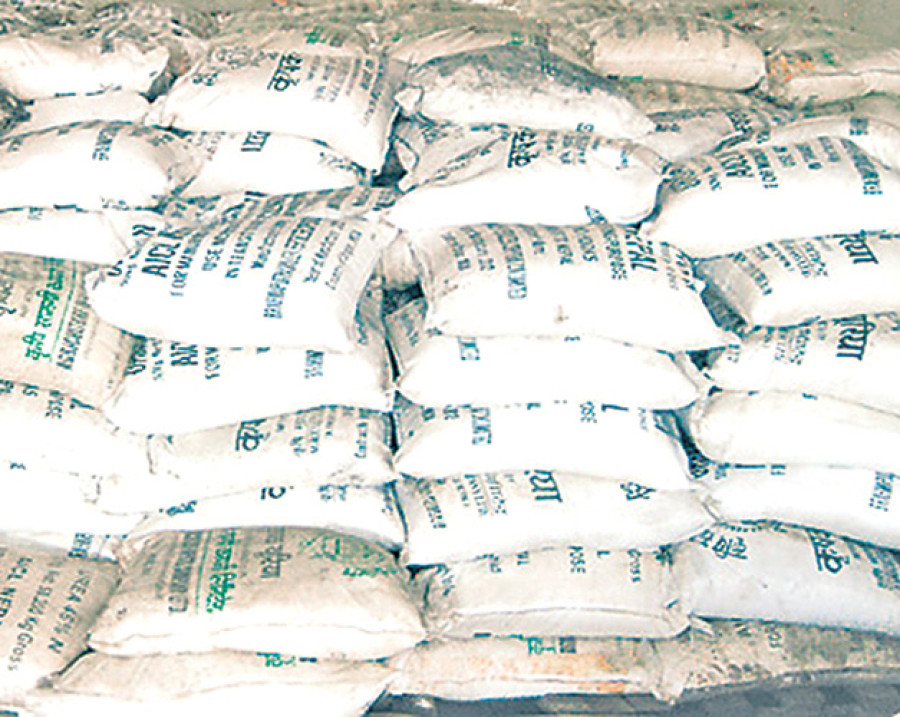Money
Nepal to receive 35k tonnes of fertiliser
Around 35,000 tonnes of urea will soon be available in the market, which is expected to ease the acute shortage of fertiliser in the country.
Shankar Acharya
Around 35,000 tonnes of urea will soon be available in the market, which is expected to ease the acute shortage of fertiliser in the country. Around 30,000 tonnes of fertiliser ordered by state-owned Agriculture Inputs Company (AIC) has arrived at Visakhapatnam Port in India from Oman. They will be transported to Nepal in 12 railway rakes, according to a reliable source. The cargos will depart for Nepal within a day or two, the source added.
The consignment is being delivered to Nepal by Indian Potash Limited, a company selected by AIC through global bidding process. Of the 12 railway rakes of urea, five will be delivered to Birgunj, four to Bhairahawa and three to Biratnagar, the source said.
Although AIC Birgunj Office Head Ajay Kumar Srivastav said he was aware about supply of urea from Oman, he was not aware about the quantity as he has not received official documents from the headquarters.
He, however, said another 5,000 tonnes of urea, which India is supplying to Nepal under the government-to-government deal, will arrive in Birgunj next week. This consignment will arrive at Birgunj dry port from Assam in two railway rakes. “They have already been loaded on to the train, which will depart by Sunday,” Srivastav said.
Fertiliser shortage has become a major cause for concern for many farmers preparing to plant wheat across the country. Many farmers have been visiting fertiliser depots in their areas on a daily basis only to return empty-handed.
In the first week of November, AIC had reported that its fertiliser stock across the country had dropped to 2,000 tonnes. Following this, Nepal had requested India to provide chemical fertilisers through a government-to-government deal to prevent a possible shortage during the winter crop plantation season. The request was made after two international suppliers pulled out of the supply contract due to sharp hike in international fertiliser prices.
As per a treaty signed in 2009, India should supply 100,000 tonnes of chemical fertilisers (60,000 tonnes of urea and 40,000 tonnes of diammonium phosphate, or DAP) to Nepal annually at the international parity price to avoid procedural hassles. It normally takes six months to procure chemical fertilisers as per the provision on competitive bidding in the Public Procurement Act.
According to the Agricultural Ministry’s statistics, the annual demand for chemical fertilisers currently stands at over 720,000 tonnes, of which 90,000 tonnes are required for winter crops. Subsidised fertilisers cover only one-fourth of the country’s total requirement, and the rest is met by informal imports or smuggled through the porous border with India. A study conducted by the Finance Ministry in 2006 has put the share of informal fertiliser imports at 71.6 percent of total supplies.




 9.89°C Kathmandu
9.89°C Kathmandu















